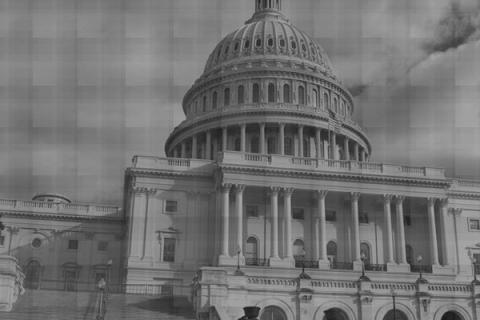California State Senator Joe Simitian has proposed a law that would restrict the way local law enforcement agencies/individuals obtain and use information gathered by license plate recognition (LPR) technologies. The bill, introduced by the Silicon Valley Democrat, would make municipal and county law enforcement agencies conform to privacy standards already mandated for the California State Highway Patrol.
In recent years, police departments across the nation have readily adopted devices that give patrol cars the ability to automatically scan vehicles license plates in passing. The information obtained from tags on both parked and operated motor vehicles is compared with outstanding warrant and stolen car databases, among others. A time stamp as well as the geographic location of the object vehicle is stored by local law enforcers in their own databases. What those agencies do with information of innocent motorists is the subject of the proposed law.
Digital privacy advocates support Simitian's legislation, SB 1330, which would limit the amount of time local agencies can keep data gathered by license plate recognition systems to within 60 days, unless the local agency is using said information to investigate a felony crime. The bill comes in response to concerns by privacy groups that police departments can aggregate information on California motorists, including their whereabouts, and sell the information to private firms.
Simitian says that SB 1330 would help balance privacy protections afforded California residents in the state’s constitution with the cutting-edge tools that law enforcement agencies have requested to improve public safety.
The bill would add Section 2413.5 to the state's Vehicle Code. It reads in part:
(2) [A state or local law enforcement agency that uses license plate recognition technology] shall not sell LPR data for any purpose and it shall not make the data available to an agency or person that is not a law enforcement agency or an individual who is not a law enforcement officer. The data may be used by a law enforcement agency only for purposes of locating vehicles or persons when either are reasonably suspected of being involved in the commission of a public offense.
Furthermore, the proposed law would apply to individual persons who seek to obtain or distribute LPR data through venues such as the National Vehicle Location Service – a database run by Vigilant Video, a private, Livermore-based company.
Section 2413.7, another proposed amendment to current code, contains the following language:
The person shall make data available to a law enforcement agency only pursuant to a search warrant. Absent a provision in the search warrant to the contrary, the law enforcement agency shall immediately, but in any event within not less than five days, notify the person whose information has been disclosed that his or her records have been obtained and shall provide that person with a copy of the search warrant and the identity of the law enforcement agency or law enforcement officer to whom the records were provided.
According to California Watch, Vigilant says only approved law enforcement officials can sign up to search its national database.
If any of these provisions are violated by an agency or individual, the bill allows victims of such privacy invasion to bring a civil suit in order to recover “any and all consequential and incidental damages, including all costs and attorney's fees.”
The bill has received the support of the Consumer Federation of California and the San Francisco-based Electronic Frontier Foundation.

